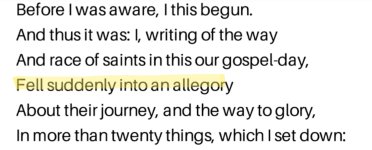annabenedetti
like marbles on glass
all the matter of the universe in one place that was spread out on day 4
Okay.
14 And God said, Let there be lights in the firmament of the heaven to divide the day from the night; and let them be for signs, and for seasons, and for days, and years:
15 And let them be for lights in the firmament of the heaven to give light on the earth: and it was so.
16 And God made two great lights; the greater light to rule the day, and the lesser light to rule the night: he made the stars also.
17 And God set them in the firmament of the heaven to give light on the earth,
18 And to rule over the day and over the night, and to divide the light from the darkness: and God saw that it was good.
19 And the evening and the morning were the fourth day.
day one earth and light without form but both in existence on day one
day two and three gave form to the earth
day four form to the light
Why does it say God created day and night on the first day? With an evening, and a morning?


